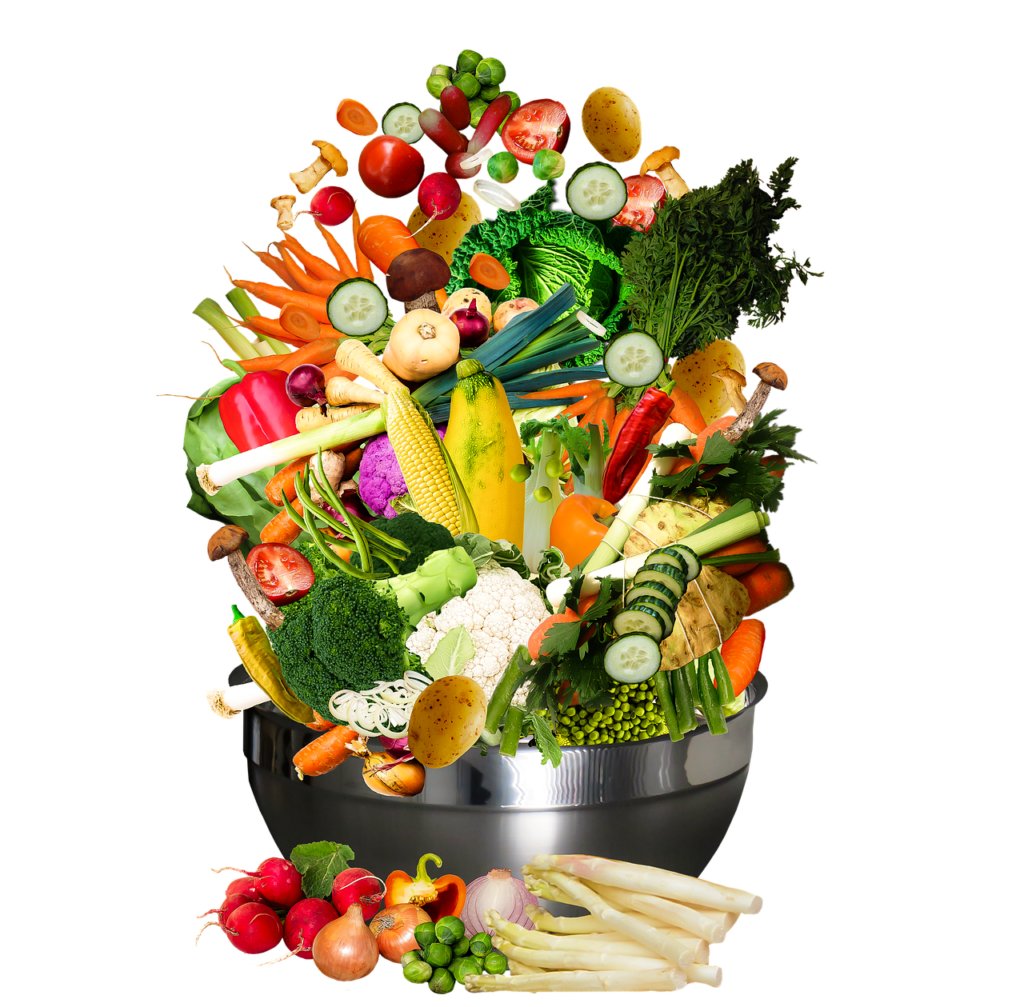
Health FACTS
The focus on Human Health
Fruits and vegetables are nature’s original fast food. Busy lives can benefit from food that’s nutritious, yet easy to eat on-the-go, like fresh fruits and vegetables. Research has shown that eating fresh produce reduces the risk of cancer, heart disease, and other illnesses. They are a natural source of energy and give the body many nutrients needed to keep going. To get the amount that’s recommended, most people need to increase the amount of fruits and vegetables they currently eat every day. To get a healthy variety, think color. Eating fruits and vegetables of different colors gives your body a wide range of valuable nutrients, like fiber, foliate, potassium, and vitamins A and C. Some examples include green spinach, orange sweet potatoes, black beans, yellow corn, purple plums, red watermelon, and white onions. Botanically, fruit is identified as the ripened ovary of a flowering plant. They are usually fleshy, sweet or sour in taste and plucked naturally when fully ripe. The well-liked sweet fruits are apple, mango, banana, and orange whereas citrus fruits like lime, lemon, and grapefruit are immensely popular for their tangy sour taste.
As the energy fruit contains consists of sugars the fruit is digested in 30 minutes. This chemical process has no toxic waste products that are difficult to remove from the body and it even stimulates the removal of toxic elements.
Another remarkable difference is that fruit contains a substantial amount of fiber while animal-based products don’t contain any. Fibers are very important.
The water percentage of fruit (80%) is higher than that of meat (15%) and comes near the water percentage of the human body (80%). It’s logical for the human body to consume food that contains as much water as the body itself. Vegetables also contain a lot of water and are therefore second best
Fruit is 100% cholesterol free
Fruit stimulates memory and is the ultimate brain fuel. Effective and daily consumption of fruit can help the mind recall information faster and easier.
A vegetable is a herbaceous (green and leaf-like in appearance or texture) plant cultivated for an edible part, such as roots, stems, leaves or flowers.
Most vegetables are naturally low in fat and calories. None have cholesterol.
Vegetables are important source of many nutrients, including potassium, dietary fiber, folate (folic acid), vitamin A, vitamin E, and vitamin C.
Diets rich in potassium may help to maintain healthy blood pressure. Vegetable sources for potassium include sweet potatoes, white potatoes, white beans, tomato products (paste, sauce, and juice), beet greens, soybeans, lima beans, winter squash, spinach, lentils, kidney beans, and split peas.
Dietary fiber from vegetables, as part of an overall healthy diet, helps reduce blood cholesterol levels and may lower risk of heart disease. Fiber is important for proper bowel function. It helps reduce constipation and diverticulosis.
Foliate (folic acid) helps the body form red blood cells. Women of childbearing age who may become pregnant and those in the first trimester of pregnancy should consume adequate folate, including folic acid from fortified foods or supplements. This reduces the risk of neural tube defects, spina bifida, and anencephaly during fetal development.
Vitamin A keeps eyes and skin healthy and helps to protect against infections.
Vitamin E helps protect vitamin A and essential fatty acids from cell oxidation.
Vitamin C helps heal cuts and wounds and keeps teeth and gums healthy. Vitamin C aids in iron.
